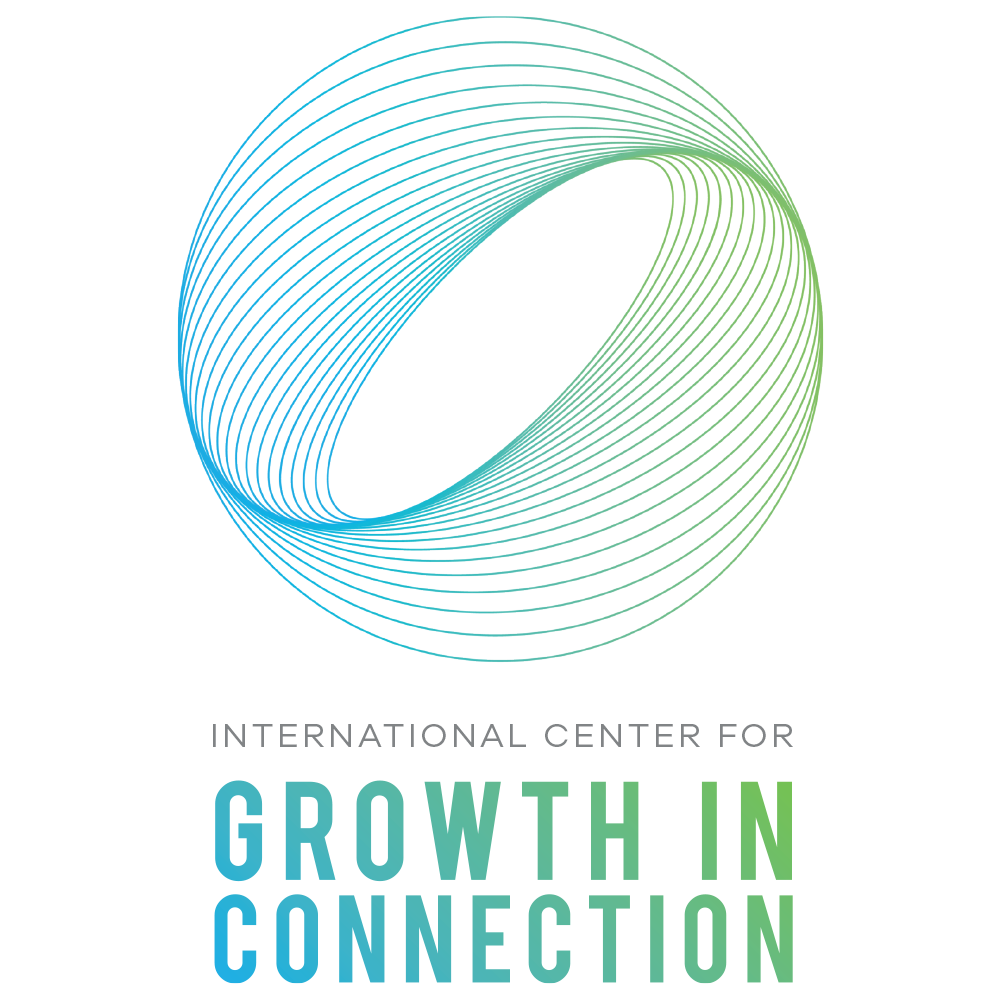Learn with us
Bibliography
Since the 1970s, when Jean Baker-Miller published Toward a New Psychology of Women, Relational-Cultural Theory has spawned a large and interdisciplinary body of scholarship. Scholars and practitioners from around the world continue to contribute to this growing body of work, and accordingly, we refresh this bibliography on a regular basis.
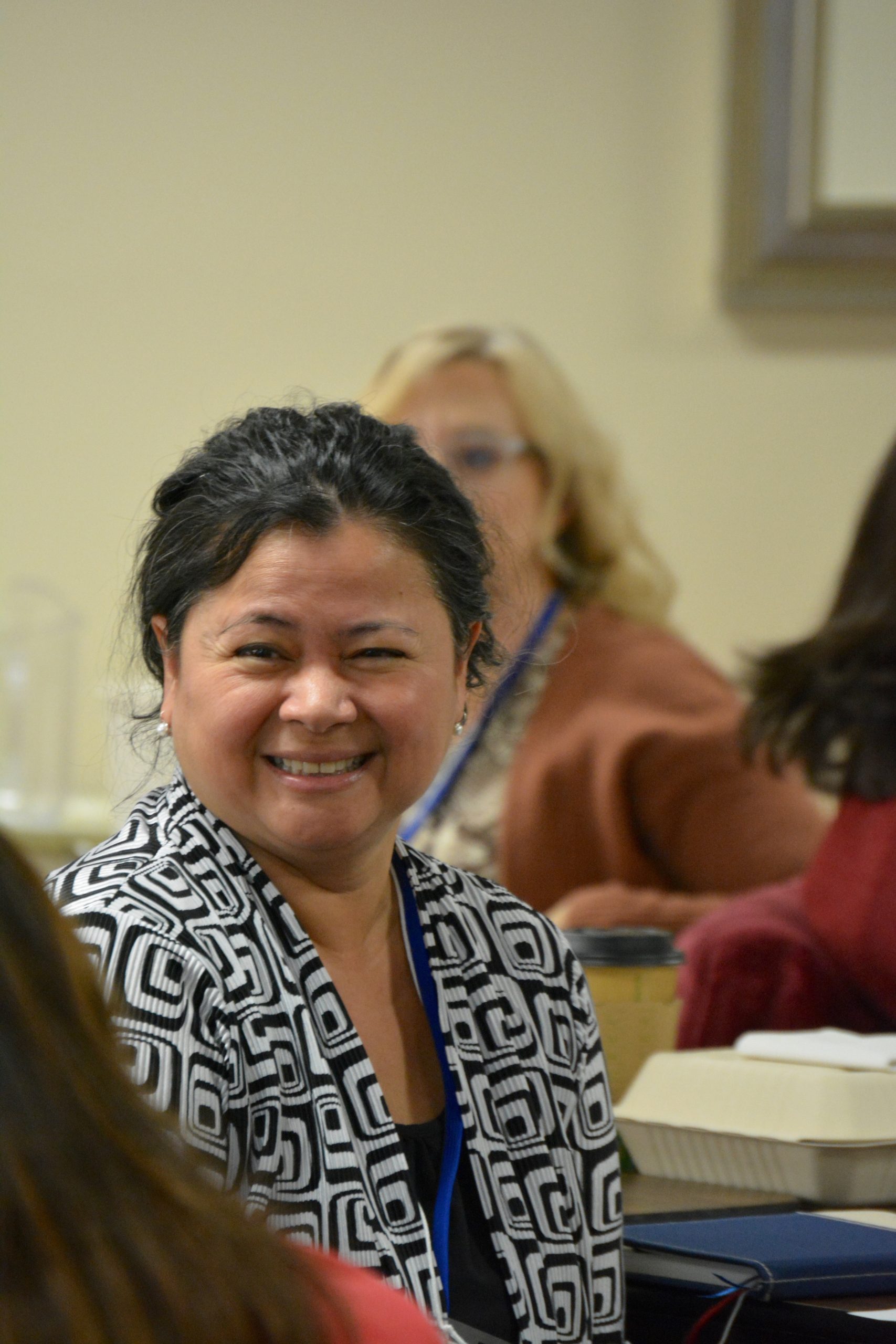
Works In Progress
Work In Progress is a publication series developed by the two organizations that were the precursors to the International Center for Growth in Connection: the Stone Center and the Jean Baker Miller Training Institute, both at Wellesley College, The notion of “work in progress” signals that all ideas are dynamic, not static, and that it is important to exchange ideas while they are being developed. Many of these papers are intended to stimulate discussion and dialogue, while others are in the form of finished research reports. There are more than one hundred papers; they are listed below, beginning with the most recent.
Language of RCT
Authenticity
The capacity to bring one’s real experience, feelings, and thoughts into relationship, with sensitivity to and awareness of the possible impact on others of one’s actions. It does not give license to total reactivity (what we might call amygdala authenticity). Authenticity does not involve telling the “whole truth” but rather sharing the “one true thing” that will move the therapy in some positive way. Relational authenticity arises in the context of a relationship and is guided by the intention to participate in a growth-fostering relationship. Anticipatory empathy guides the authentic responsiveness of the therapist or helping person. In the course of getting to know the client and paying careful attention, the therapist develops empathic attunement that leads to an anticipation of the possible impact of his or her interventions on the client. This allows the client to experience growth-fostering connection, a sense of “mattering”; he or she experiences firsthand a responsive, intentional growth-fostering relationship. Anticipatory empathy also occurs in relationships outside therapy and leads to an overall pattern of responsiveness rather than reactivity and confirms the sense that one is being listened to and understood.
Central Relational Paradox
In the face of repeated disconnections, people yearn even more for relationship, but their fear of engaging with others leads to keeping aspects of their experience out of connection (these are protective strategies of disconnection, also known as strategies of survival). Individuals alter themselves to fit in with the expectations and wishes of the other person, and in the process, the relationship itself loses authenticity and mutuality, becoming another source of disconnection.
Connection
Although this term is used in common place parlance to mean any kind of relationship, RCT defines connection as an interaction between two or more people that is mutually empathic and mutually empowering. It involves emotional accessibility and leads to the “five good things” (zest, worth, productivity, clarity, and desire for more connection).
Chronic Disconnection
Interactions in relationships where mutual empathy and mutual empowerment do not occur; usually involves disappointment, a sense of being misunderstood, and sometimes a sense of danger, violation, and/or impasse. Disconnections may be acute, chronic, or traumatic.
Controlling Images
Images constructed by the dominant group that represent distortions of the dominant cultural group being depicted, with the intent of disempowering them. The phrase was coined by Patricia Hill Collins ( 1990 ), who noted, “People become objectified to certain categories such as race, gender, economic class and sexual orientation.
Empathy
A complex affective-cognitive skill that allows us to “know” (resonate, feel, sense, cognitively grasp) another person’s experience. For empathy to stimulate growth, the person usually thought of as the one being empathized with must see, know, and feel the empathy of the other. That is, she or he must see her or his impact on the other; this mutual empathy decreases the experience of isolation.
Fluid Expertise
Honoring the idea that both people bring wisdom and knowledge to an exchange; this supports the notion of mutual growth and respect.
Growth-Fostering Relationship
A fundamental and complex process of active participation in the development and growth of other people and the relationship that results in mutual development (Miller & Stiver, 1997); such a relationship creates growth in both (or more) people.
Honoring Strategies of Disconnection
Empathizing with an individual’s strategies for avoiding connection, which includes being sensitive to her or his need for these strategies and the terror of being without them. These strategies are ways of staying out of connection because the only relationship that had been available was, in some fundamental way, disconnecting and violating; in other words, there was a good reason to develop the strategies.
Mutuality
The concept in RCT suggesting that we grow toward an increased capacity for respect, having an impact on the other, and being open to being changed by the other. Jean Baker Miller’s claim that if in a relationship both people are not growing, neither person is growing has been a controversial concept because some have critiqued RCT as encouraging the client to take care of the professional. RCT fully recognizes the responsibility of the clinician to pay attention to the growth of the client and not to invite care-taking from the client. But if the therapist does not open herself or himself to some impact and change (vulnerability), real growth will probably not occur for the client. Mutuality does not mean sameness, equality, or reciprocity; it is a way of relating, a shared activity in which each ( or all) of the people involved are participating as fully as possible
Power Over
A concept in many societies that people can only feel safe and productive if they exercise power over others, keeping the others in a less advantaged position. The dominant group exercises power over other groups and individuals and does not encourage mutually empowering relationships. This model leads to disconnections and violations of relationships.
Power With
The concept that more can be accomplished through collaborative efforts than through hierarchical arrangements, building on the notion that creativity and action develop in good connections. “Power with” grows as it empowers others and stands in opposition to “power over,” which accrues through directing and controlling others.
Relational Awareness
Being attentive to one’s own experience, the other person, and the relationship and developing clarity about lite movement of relationship.
Relational Images
Inner pictures of what has happened to us in relationships, formed in important early relationships. As we develop these images, we are also creating a set of beliefs about why relationships are the way they are. Relational images thus determine expectations not only about what will occur in relationships but about a person’s whole sense of herself or himself. They often become the unconscious frameworks by which we determine who we are, what we can do, and how worthwhile we are. Negative relational images become the source of a sense of lack of relational competence and worth and often support strategies of disconnection and a sense of hopelessness.
Strategies of Disconnection
Methods people develop to stay out of relationship to prevent wounding or violation. Also known as strategies of survival*, these evolve out of a person’s attempt to find some way to make or preserve whatever connection is possible.
Books We Recommend
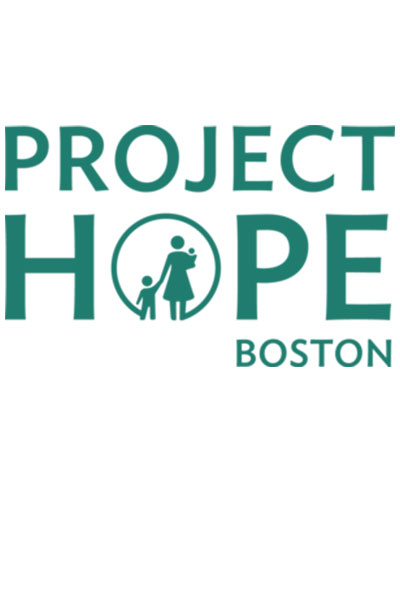
Project Hope
is a multi-service organization with the core mission of “lifting families up and out of poverty”. Founded by the Little Sisters of the Assumption and incorporated in 1981, this organization offers shelter to families without homes, as well as workforce development and adult education classes. In addition to providing family support solutions to alleviate poverty and homelessness, Project Hope advocates for just public policies that strengthen families.
Mutual empowerment is an anchoring value of Project Hope. Over the past decade, ICGIC scholar-practitioners have partnered with Project Hope staff to infuse the principles and practices of mutuality into the culture of the organization. The partnership between ICGC and Project Hope includes developing a training and advocacy video on power and mutuality, ongoing participation in thought leadership circles, as well as participation on the governance board.
Although Project Hope operates as a non-church affiliated organization, the founding group of women religious developed this prayer to signify their commitment to mutuality as a way of life. They call it The Mutuality Prayer.
The Power of Growth is in Relationship. Even when life seems frail- when there is darkness, pain, confusion, complexity – the loving and caring of a human person can be sunlight and warmth to the growth-power of another human person: Helping creates meaning and hope in both persons; being sunlight and warmth to another’s life nurtures growth in both. To this growth we are pledged.
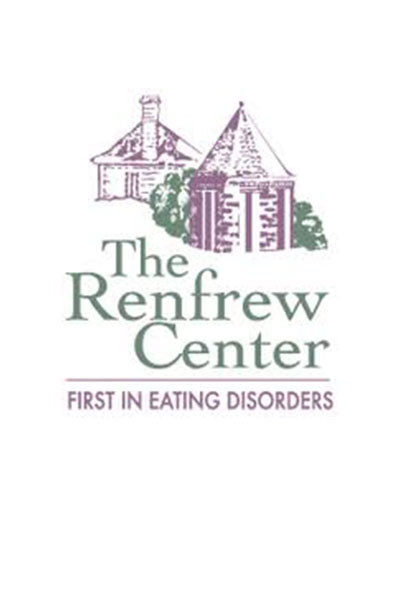
The Renfrew Center
has been the pioneer in the treatment of eating disorders since 1985. As the nation’s first residential eating disorder facility, now with 19 locations throughout the country, Renfrew has helped more than 75,000 adolescent girls and women with eating disorders and other behavioral health issues move towards recovery.
From its inception, The Renfrew center has been focused on treating adolescents and women and has promoted the unique psychology of women in their programming. The Renfrew Center was the first eating disorder center to offer a large, annual conference for clinicians and has invited well known Relational-Cultural Theory scholars (Judith Jordan, Irene Stiver, Jean Baker Miller, Maureen Walker and Amy Banks) to present keynote lectures.
Over the past five years, The Renfrew Center has designed and implemented the Unified Treatment Protocol; a cutting edge treatment that formally combines David Barlow’s empirically tested Unified Treatment Program for emotional regulation with key interpersonal concepts of Relational-Cultural Theory. They continue to lead the field in promoting the idea that both biology and culture play important roles in the development of eating disorders.
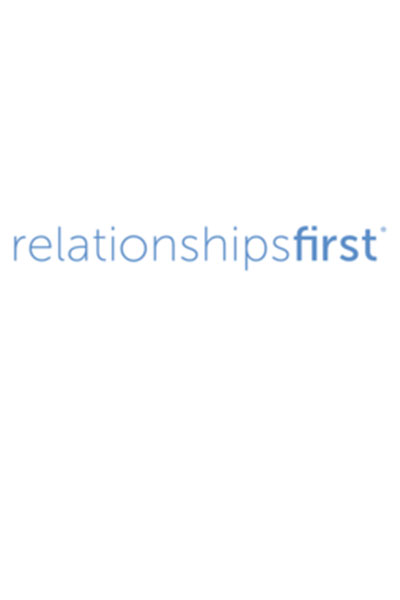
Relationships First
began almost a decade ago when leading scholars in the field of relationship studies gathered to ask the simple question, “What happens if we put relationships first?” Initial meetings focused on bringing stakeholders from a number of disciplines and organizations (Interpersonal Neurobiology, Relational-Cultural Theory, Imago Therapy, The Gottman Institute, Psychobiological Approach to Couple’s Therapy to name a few) to the table to discuss this question. Relationships First is now the home of Safe Conversations a practical program to enhance meaningful and productive dialogue. The mission of Safe Conversations is to empower people to talk without criticism, listen without judgment and connect beyond differences. Safe Conversations is now sweeping the globe having reached over 450,00 people in 175 countries and 5,100 cities.

Delores Barr Weaver Policy Center (DBWPC, Inc.)
addresses the disparate treatment of female-identified youth in the juvenile justice system. The work is grounded in research to inform the advocacy platform, training, and incubation of model programs to work with girls in each part of the juvenile justice system. Direct services provide prevention, court diversion, treatment, as well as residential and re-entry services for girls who have been impacted by the juvenile justice system. The Policy Center has a core commitment to “see the girl”, to see her for who she is and who she can become. To that end, they advocate with girls, instead of for girls. By integrating and honoring the lived experiences of girls, they maintain a focus on who she can become.
The association of the Policy Center with the International Center for Growth in Connection (ICGIC) is characterized by mutual learning and support. Scholar-practitioners from ICGIC have provided training in the neuroscience of relationship as well as relational practices for navigating culturally complex environments. In turn, the Policy Center contributes to the development of RCT as a work in progress by modeling the “real world” relevance of the theory. Anchoring direct service programming and advocacy interventions in girl-centered practice®, the Policy Center engages communities, organizations, and individuals through quality research, community organizing, advocacy, training and model programming to advance the rights of girls, young women, and youth who identify as female, especially those impacted by the justice system.

The Healing Connection
empowers those who struggle with eating disorders and other mental health challenges to repair disconnection and reclaim their lives through treatment, education, and advocacy. The Healing Connection’s partial hospitalization program, outpatient program, clinic, and school outreach programs engage individuals — and those who love and support them — in compassionate, evidence-based care.
Founder of The Healing Connection, Dr. Mary Tantillo, became a student and practitioner of RCT early in her career. Dr. Tantillo trained for over a decade at the Jean Baker Miller Training Institute (JBMTI), and was so inspired by her years at JBMTI that she founded The Healing Connection (2010) in honor of the late Jean Baker Miller’s groundbreaking work. Since its inception, The Healing Connection has integrated RCT into the fabric of its work, and has maintained ongoing collaborations with the founding scholars of RCT (including Judith V. Jordan and Amy Banks) to offer trainings on RCT’s application in treatment of eating disorders.

Bloomington Center for Connection (BCC)
is an organization using Relational-Cultural Therapy (RCT) to promote social change through connection. There are three parts to BCC’s work:
Therapeutic Services using Relational Cultural Therapy. This includes family and individual therapy, as well as some support and therapy groups.
Community building through a Relational Cultural lens. BCC offers a variety of experiential groups and opportunities to build relational networks ranging from early childhood exploration, parent support, discussion groups, and conversations across difference.
Sharing Relational-Cultural Theory. BCC offers continuing education that brings together current thinking on relationships, mental health, and the neuroscience of connection. The organization collaborates with schools and other community organizations to make RCT accessible to everyone.
BCC has a close affiliation with ICGC scholars, who present and offer guidance to BCC staff and the larger community about how to bring RCT into real world application.


